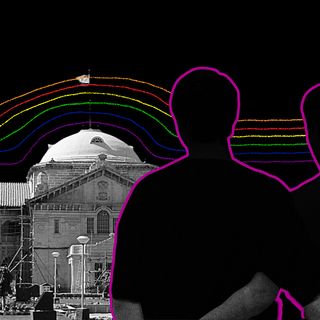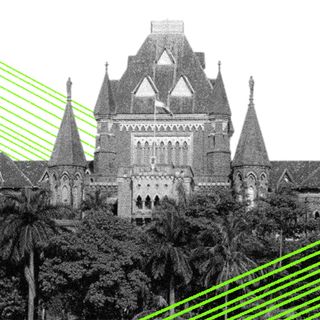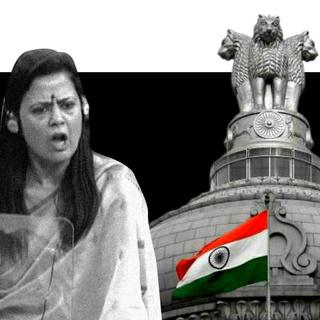“Conduct of functions must not disturb other citizens’ right to a peaceful and clean environment,” the National Green Tribunal (NGT) ruled this month while hearing a petition against the flouting of environmental norms by restaurants, banquet halls, and other party venues that host large-scale events like weddings.
The court issued a set of guidelines for establishments hosting such events, in a bid to environmental pollution and vehicular congestion. The guidelines address, among other things, the adequate disposal of waste, sustainable use of water, control of noise levels, and allocation of parking.
Upon failure to comply with the guidelines, “no consent [to host events] should be given or renewed even in respect of the establishments already set up,” the court ruled. It also directed establishments to publish online information regarding their consent and compliance to the measures, and pollution control boards to list the same on their websites.
In the past, efforts to frame and enforce rules to check noise, water, and air pollution by party venues have been spotty and state-led. The court’s order extends to all states and union territories.
The court tasked state pollution control boards with monitoring compliance with the guidelines, and the Central Pollution Control Board with overseeing state boards’ performance — putting in place a double-check system aimed at ensuring implementation.
Related on The Swaddle:
India’s Pollution Regulators Are Ineffective Due to a Lack of Expertise, Resources: Report
“Pollution caused due to marriages is major contributor of pollution in Delhi. During the wedding season, there are more than 25,000 marriages a day. Weddings have become a show-off affair, causing massive traffic jams and air pollution due to generator sets and crackers,” said Ved Pal, a Delhi-resident, who had previously approached the tribunal with similar grievances. This led to a 2016 order by the tribunal directing the Delhi government to devise ways to effectively enforce the Noise Pollution Rules, 2000 during weddings.
Beyond inconveniencing neighbors, noise and air pollution caused by weddings impact the human population at large.
Noise pollution is already known to contribute to a range of health problems from stress, poor concentration, and hearing loss to cardiovascular disease and cognitive impairment. Research has also linked air pollution to miscarriages, anemia, and even shortened lifespans, with India reporting the most infant deaths due to air pollution in the world in 2019. And amid the global pandemic, air pollution has also been linked to higher Covid19 mortality rates.
Environmental pollution is also interfering with the ability of birds and insects to mate, communicate, and forage for food. Moreover, artificial lighting, which party venues are replete with, also disrupts the health and day-to-day functioning of various plants and animals — including humans.
With the wide-ranging impact of large-scale events on human health, as well as on the environment and wildlife, the pressure is on the double-check system.




